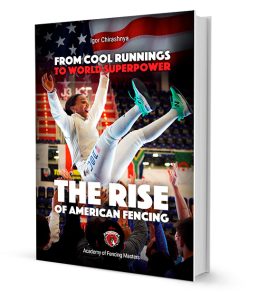Fencing isn’t for everyone. We don’t assume that it is, and we don’t expect anyone to stay with it should they figure out that it’s not their thing. But how can you know that it’s not your thing? When is the right time to quit fencing? How do you know that you’re...










